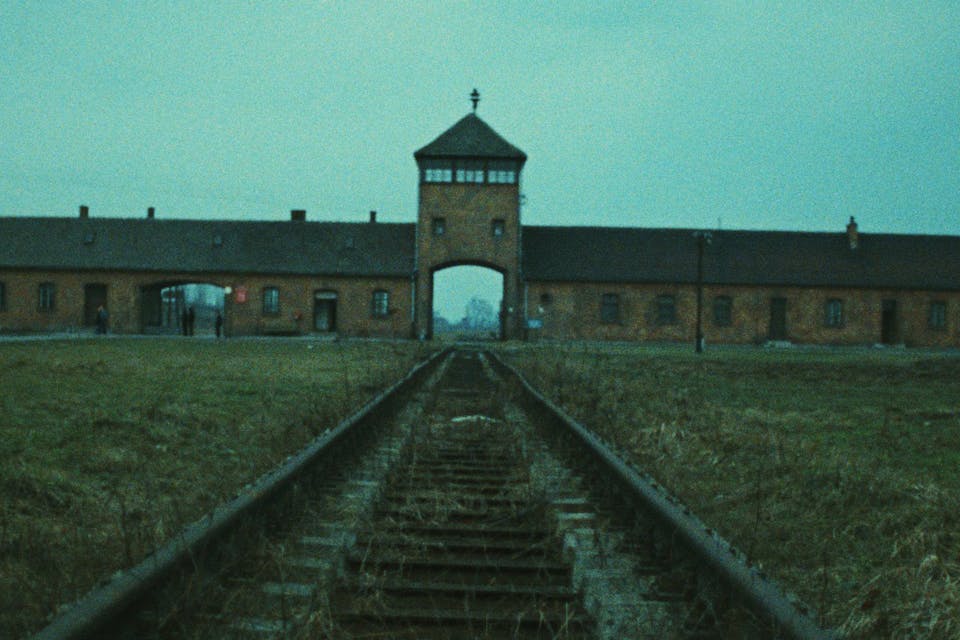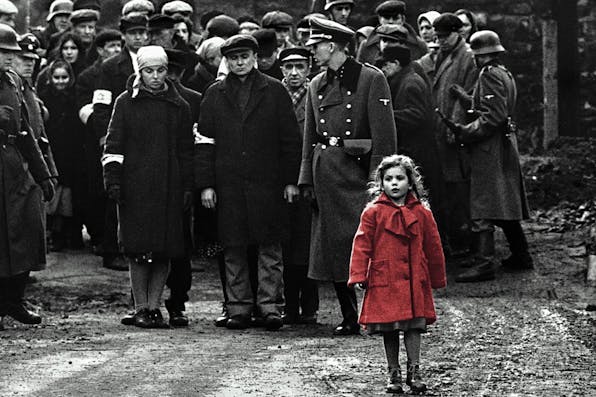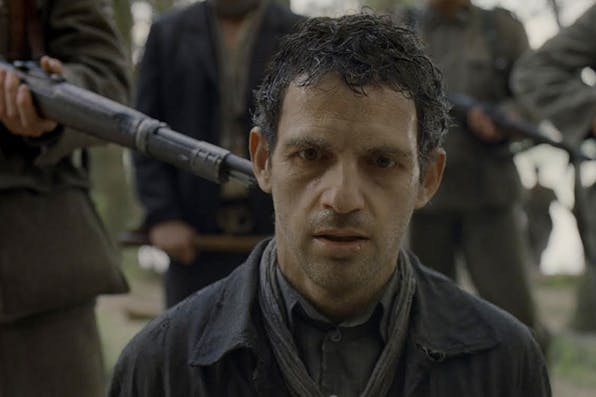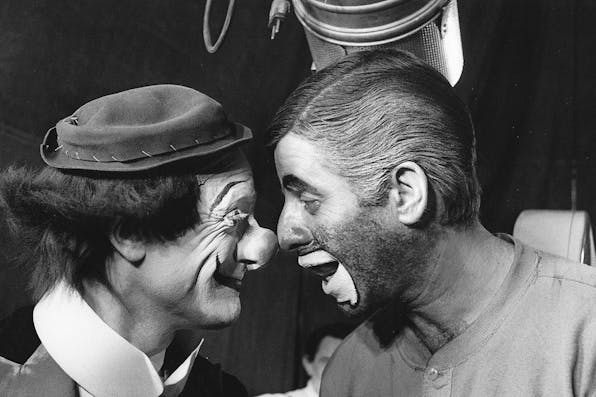
March 28, 2016
Are All Holocaust Movies Doomed to Fail?
Defying fictionalization, the Shoah "builds a border around itself," Claude Lanzmann said. Is he right?
I’m very grateful to John Podhoretz, Liel Leibovitz, and Jonathan Leaf for their strong and provocative responses to my essay, “That Holocaust Feeling.” Taken singly, their points both about Son of Saul and Holocaust movies in general could easily absorb my space here and a great deal more than that, so let me instead focus on the one major issue that all three address in their highly individual ways.
That issue is whether movies, as opposed to other forms of art, are in any sense an appropriate medium for treating the Holocaust. John Podhoretz, who gives a partial pass to “novels and poetry and painting” that “seek to engage the reader or the viewer in an act of imaginative recreation in which he must participate,” enters an emphatically negative judgment when it comes to film: “the act of converting the Shoah into a story [on screen] is itself a violation of its meaning, its force, and its evil.”
Liel Leibovitz, by contrast, admires the achievement of Son of Saul and the potential of the film medium as a whole. Our capacities for empathy, he writes, have become so desensitized by technology that “to feel again, we need a crucible as fiery as a death camp’s crematorium.” That crucible, movies are perhaps uniquely suited to deliver. On the same grounds, Leibovitz rejects my characterizing Son of Saul as a video game since, unlike movies, such games in his view prevent us from investing ourselves in human “difficulties and triumphs and heartbreaks.”



